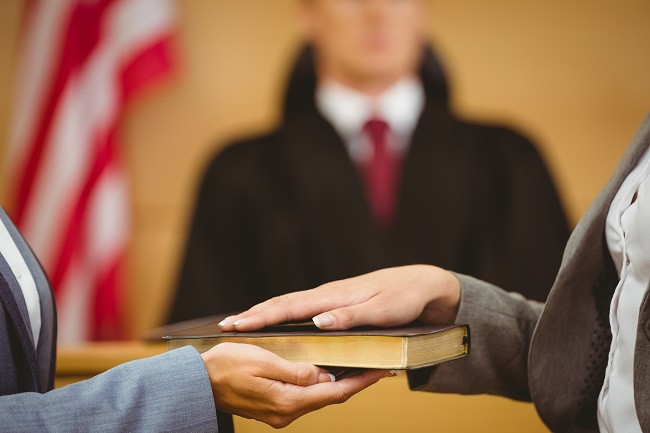Show posts for: Legal Ethics
-
 Read more
Read moreA federal judge has held that Pennsylvania’s Rule 8.4(g),1 which subjects lawyers to professional discipline for engaging in discriminatory conduct, violates both the free speech clause of the First Amendment and the due process clause of the Fourteenth Amendment. See Greenberg v. Goodrich, No. 20-03822, 2022 WL 874953 (E.D. Pa. Mar. 24, 2022). The court’s reasoning raises questions about the constitutionality of many other states’ versions of Rule 8.4(g), including Maryland’s Rule 19-308.4(e),2 which is arguably more intrusive on speech than the Pennsylvania rule.
-
 Read more
Read moreAt first glance, TikTok might not have obvious utility to the working professional. After all, its pandemic-era popularity seems to be the product of Zoom-schooled and homebound Gen Zers who flocked to the app as a new pastime and socialization tool. But over time, TikTok’s endless stream of short videos evolved to attract a variety of professionals seeking to market themselves and educate the public in a new format.
-
 Read more
Read moreMany ethics attorneys were intrigued by media reports of a complaint filed in February by Elliott Greenleaf, P.C. against four firm shareholder-attorneys and a paralegal who left the firm’s Wilmington office to join Armstrong Teasdale LLP. The complaint alleged that the defendants made secret plans to depart and “secretly copied and transferred out of the Firm certain client files, client correspondence, and Firm work product,” and “destroyed and shredded Firm files.” That was only one side of the story, of course. Hearing nothing about the other side, we checked the docket to see if the case had quickly settled, as many similar cases do. It turns out that the case is very active, and it continues to raise issues of interest to practitioners in this area.
-
 Read more
Read moreMaryland is harsh on lawyers who commit dishonest acts. Since Attorney Grievance Commission v. Vanderlinde, 773 A.2d 463 (Md. 2001), the Court of Appeals has stated many times that the presumptive sanction for dishonest acts is disbarment. To oversimplify, the Court reasons that lawyers who commit dishonest acts are dishonest lawyers and therefore cannot be entrusted with client matters.
-
 Read more
Read moreIn October 2019, the Maryland State Bar Association’s Committee on Ethics published an opinion discussing a Maryland attorney’s duty to report the unauthorized practice of law by a non-Maryland attorney. A footnote to the opinion states:
It is worth noting that other jurisdictions have self-reporting requirements for licensed attorneys who are disciplined for violations of rules of professional conduct in other jurisdictions. See, Rule 8.3 of the Virginia Rules of Professional Conduct. Maryland does not impose a similar obligation on its attorneys.
As the regulatory and business environments in which our clients operate grow increasingly complex, we identify and offer perspectives on significant legal developments affecting businesses, organizations, and individuals. Each post aims to address timely issues and trends by evaluating impactful decisions, sharing observations of key enforcement changes, or distilling best practices drawn from experience. InsightZS also features personal interest pieces about the impact of our legal work in our communities and about associate life at Zuckerman Spaeder.
Information provided on InsightZS should not be considered legal advice and expressed views are those of the authors alone. Readers should seek specific legal guidance before acting in any particular circumstance.
Contributing Editors

John J. Connolly
Partner
Email | +1 410.949.1149

Andrew N. Goldfarb
Partner
Email | +1 202.778.1822

Sara Alpert Lawson
Partner
Email | +1 410.949.1181

Nicholas M. DiCarlo
Associate
Email | +1 202.778.1835




